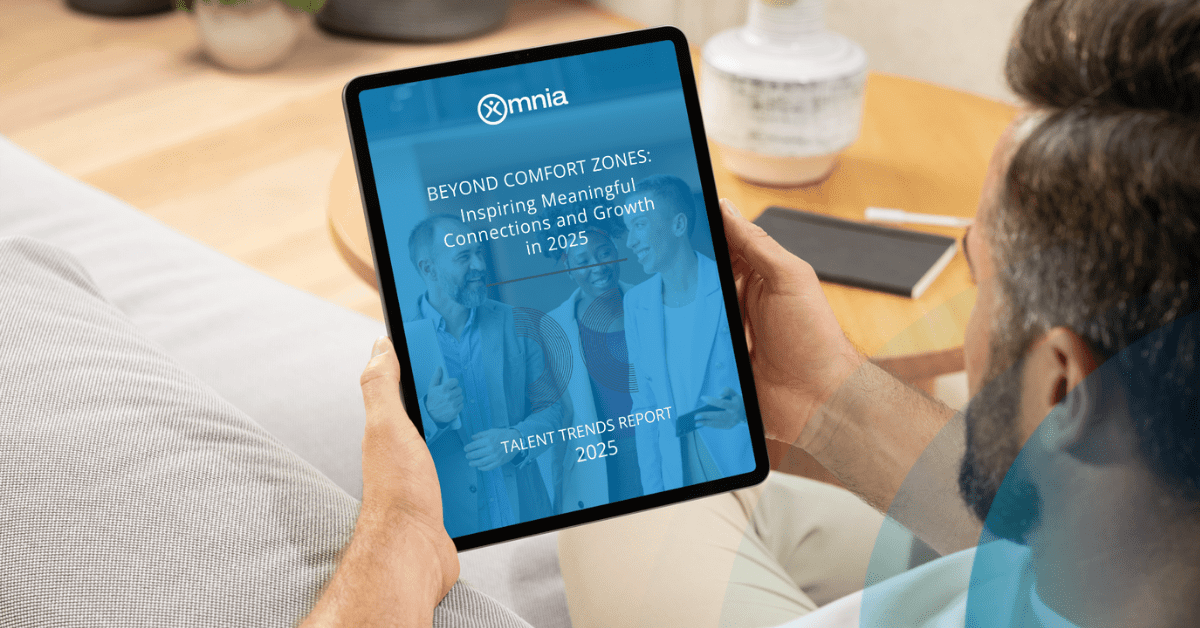The most successful leaders are always looking for ways to improve listening skills. Listening is the foundation of effective communication. The ability to actually hear and understand what is being said is critical to establishing and maintaining workable relationships with coworkers and clients, solving problems, resolving conflicts, and reaching organizational goals.
Poor Listening Skills in the Workplace
Despite the importance of listening skills, they’re often sorely lacking in most business—and personal—settings!
While the oft-cited figures about people only remembering a small percentage of what they hear don’t have much basis in firm research, the fact remains that poor listening skills can result in serious miscommunication. In terms of receiving directions or reaching an agreement, the implications of missing so much information are far-reaching. Miscommunication, misunderstandings, and mishaps are inevitable when more than half of what has been said is lost due to poor listening skills.
What Are the Main Causes of Poor Listening Skills?
But what causes people to have such poor listening skills? How can they be so oblivious to their lack of attentiveness? And, most importantly, how can they utilize strategies to improve their listening skills?
For one, most people are more concerned about what they have to say than what the other person is saying. As a result, whenever they’re not talking, they’re thinking about what they will say next. However, listening takes concentration, and it is extremely difficult to hear what someone else is saying when you’re busy formulating your own response.
Other hindrances to listening include distractions in other people, electronic devices, or competing thoughts. Ironically, some people can repeat what was said verbatim, yet they’re still guilty of not listening. How on earth is this possible? They failed to embrace the many elements of active listening and other strategies to improve listening skills.
Why is Active Listening Important?
One of the most important types of listening skills, active listening, involves hearing what is said and noticing nonverbal communication. These silent messages—the speaker’s facial expressions, posture, and other body language types—may send an entirely different message from the words that they speak.
For example, you may sense a change in an employee’s demeanor and ask if there is a problem. While the employee may verbally respond that there is no problem, if you’re actively listening, you may notice that this individual has their arms folded, failed to make eye contact with you, and replied with a terse “No.”
Clearly, there is a problem, whether it is personal or work-related. And if, for example, you recently increased this employee’s workload significantly without increasing their paycheck, there’s a good chance that the “problem” is work-related. However, if you are not an active listener, you can miss these communication questions and waste an opportunity to improve your listening skills at work.
6 Strategies to Improve Listening Skills at Work
If you’re wondering how to improve your listening comprehension skills, there are a few key listening skills exercises you can start using right away.
1. Always look at the speaker and maintain eye contact.
If you really want to improve your listening skills, be sure you’re giving the speaker your undivided attention. Believe it or not, it’s actually rude for you to text, check email, or perform other tasks while someone else is talking to you! Also, look at the speaker in the eye instead of focusing on other objects in the room. If it’s a matter of it being not easy to concentrate while maintaining eye contact, then at least let them know you are listening and that it’s easier for you to focus when looking away. On the other hand, taking notes is one way to improve listening skills, so if you need to write things down, make sure you tell the speaker why you’re writing while they talk.
2. Use positive body language.
Occasionally nod, smile, or make other gestures that show that you’re engaged in the conversation and understand the importance of listening skills. Refrain from folding your arms, since this may project an aura of defensiveness, impatience, or an unwillingness to accept what is being said. And again, avoid looking at your phone or watch throughout the conversation as this could communicate irritation or boredom.
3. Observe the speaker’s body language.
This is a critical part of active listening. Does the speaker’s body language match what is being said, or is it sending a contradictory message? If the two don’t match, you may need to delve deeper to determine what’s actually going on. For instance, if they seem troubled and eager to end the conversation despite telling you everything is fine, it could be the case that they don’t feel comfortable being forthcoming with you. Understanding body language is an important part of learning how to improve your listening comprehension skills.
4. Really listen to what’s being said.
It’s possible to maintain eye contact and nod appropriately and yet, not be fully engaged. Instead of thinking of your response—or what you plan to have for dinner—concentrate on what the speaker is trying to tell you. Being engaged in the conversation will make it clear that you respect the speaker and what they have to say.
5. Don’t interrupt the speaker.
Most people intuitively understand that it’s disrespectful to interrupt someone, but they don’t often stop to think about the message that cutting them off actually communicates. Author Dianne Shilling has pointed out a few of the things you’re implicitly saying when you interrupt someone:
- “I’m more important than you are.”
- “What I have to say is more interesting, accurate, or relevant.”
- “I don’t really care what you think.”
- “I don’t have time for your opinion.”
- “This isn’t a conversation, it’s a contest, and I’m going to win.”
To avoid sending these messages, make sure you allow the person to finish speaking before you respond, especially if they’re making a critical observation or sharing what they’re feeling.
6. Wait for pauses in the conversation to ask questions or make comments.
Dr. Scott Williams of the Department of Management at Wright University refers to this as “reflecting.” Actually, listen to what is being said, and then, instead of just repeating the information, paraphrase it back to the speaker and ask questions.
Wright notes these common objections to reflecting:
- “Reflecting slows down the conversation and wastes time.” While reflecting does take time, it can also save time in the long run by cutting down on miscommunication.
- “Reflecting sounds phony and patronizing.” Although it may feel awkward at first, you can become skilled at this important communication skill with practice.
- “I don’t have time to be a confidante to all of my direct reports.” That’s a valid point for managers. However, if you send the message to your staff that listening to them is not a priority, this will negatively impact relationships and morale.
Listening effectively requires a commitment of time and effort. Taking the time to develop and improve listening skills at work can improve your communication level, increase the quality of your relationships, and decrease the potential for misunderstandings and mishaps.























